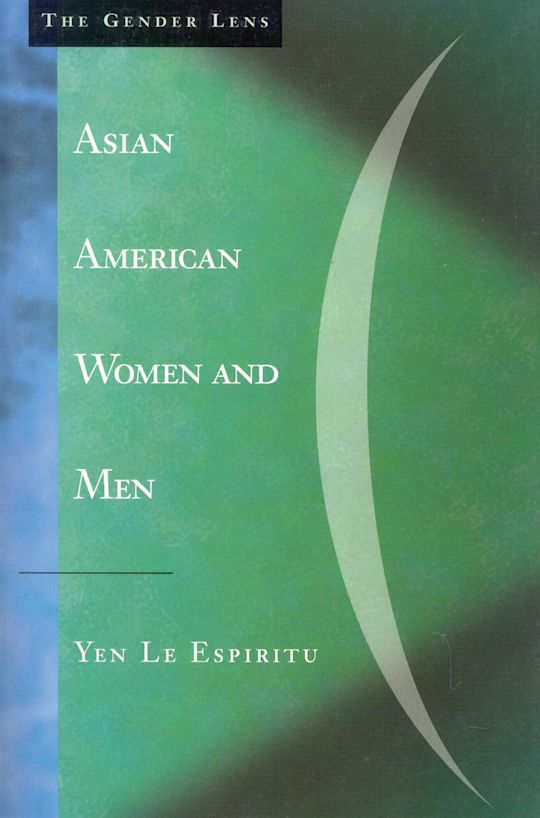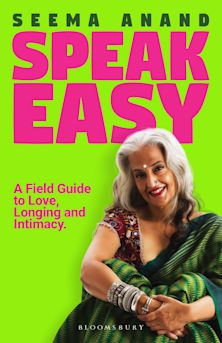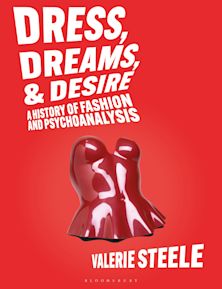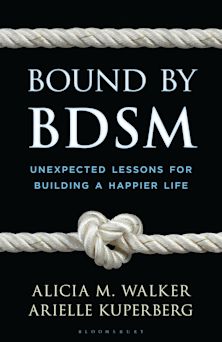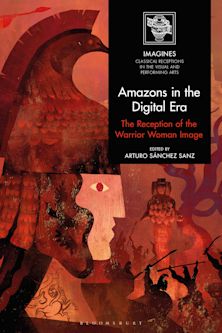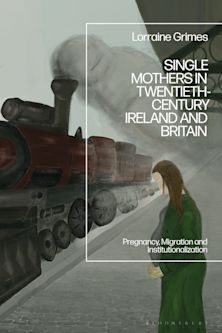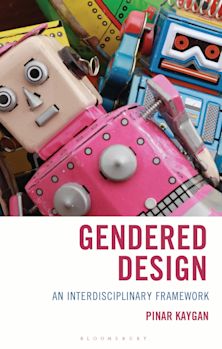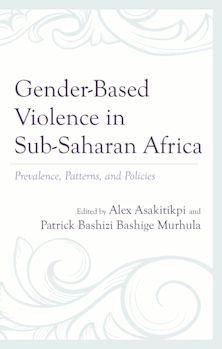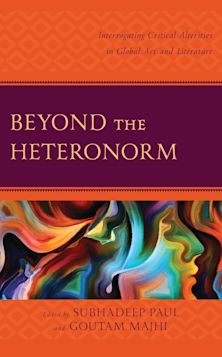- Home
- ACADEMIC
- Gender & Sexuality Studies
- Gender and Sexuality Studies - Other
- Asian American Women and Men
Buy from Bloomsbury eTextBooks
You are now leaving the Bloomsbury Publishing website. Your eBook purchase will be with our partner https://www.vitalsource.com.
Your credit card statement will show this purchase originating from VitalSource Technologies. They will also provide any technical assistance you might require.
You must sign in to add this item to your wishlist. Please sign in or create an account
Description
Labor, laws, and love. Espiritu explores how racist and gendered labor conditions and immigration laws have affected relations between and among Asian American women and men.
Table of Contents
Chapter 2 Foreground and Background: Sociology and Asian American Studies
Chapter 3 Theorizing Race, Gender, and Class
Chapter 4 Asian Americans: Their Material and Cultural Lives
Chapter 5 Getting There from Here: Goals, Scope and Methodology
Part 6 Stretching Gender, Family and Community Boundaries, 1840s-1930s
Chapter 7 Labor Recruitment, Exclusion Laws, and the Shortage of Women
Chapter 8 Stretching the Boundaries of Family
Chapter 9 Work and Changing Gender Relations
Part 10 Changing Lives: World War II and the Postwar Years
Chapter 11 Changing Power Relations: The Wartime Internment of Japanese Americans
Chapter 12 Improved Lives: Chinese, Korean, Filipino, and Indian Americans
Chapter 13 Asian Americans and Postwar America: The Emerging Middle Class
Chapter 14 New Arrivals: The "Separated" Wives, War Brides, and Refugees
Part 15 Contemporary Asian America: Immigration, Increasing Diversity, and Changing Resources
Chapter 16 Changing Laws, Labor Needs, and Gender Consumption
Chapter 17 Asian Americans and the Contemporary U.S. Labor Market
Chapter 18 The Highly Educated
Chapter 19 The Disadvantaged
Chapter 20 The Self-Employed
Part 21 Ideological Racism and Cultural Resistance: Constructing Our Own Images
Chapter 22 Yellow Peril, Charlie Chan, and Suzie Wong
Chapter 23 Cultural Resistance: Reconstructing Our Own Images
Chapter 24 Controlling Images, Gender and Cultural Nationalism
Part 25 Beyond Dualisms: Constructing an Imagined Community
Chapter 26 Yellow as Neither Black nor White
Chapter 27 Asians as Neither Man nor Woman
Chapter 28 Race or Gender or Class
Chapter 29 Beyond Dualisms: Constructing an "Imagined Community"
Product details
| Published | 04 Oct 1996 |
|---|---|
| Format | Ebook (Epub & Mobi) |
| Edition | 1st |
| Extent | 160 |
| ISBN | 9780759117617 |
| Imprint | AltaMira Press |
| Series | Gender Lens |
| Publisher | Bloomsbury Publishing |
About the contributors
Reviews
-
Asian American Women and Men by Yen Le Espiritu offers a piercing and sensitive account of the experiences of first- and second-generation Asian American women and men, showing that gender differentiation and disadvantage is not a universal experience but is structured distinctly depending on its intersections with race and class. Drawing heavily on cultural theory, Espiritu exposes the binary oppositions that underlie representations of Asian American gender and sexuality.
Verta Taylor, Professor, University of California at Santa Barbara, Signs: Journal of Women in Culture and Society
-
Espiritu examines the historical and contemporary experiences of Asian American women and men-with each other and with the dominant white society-from a gendered perspective. Locating gender in its intersection with race and class, this is one of the few works in ethnic studies or women's/gender studies that actually discusses the matrix of race/gender/class structures of oppression within a specific racial-ethnic community, i.e., Asian Americans, one that is also largely an immigrant community. Espiritu lends support to charges by women of color that traditional feminist theory falsely universalizes the category of 'women,' and overlooks the positions that white men and white women occupy over men of color. She also admits that this work does not disrupt the 'male-centered' framework of Asian American studies. The historical oppression of Asian Americans is explored along material and cultural lines, e.g., the formal and informal labor markets, including prostitution; family and small businesses; Japanese American internment; marriage and family; refugee resettlement; racist stereotyping. Theoretically, Espiritu advances the concept of 'racialized patriarchy.' She concludes with a call to create an 'imagined community' of cross-gender, cross-cultural,
Evelyn Hu-DeHart, University of Colorado, Boulder, Choice Reviews
-
Espiritu examines the historical and contemporary experiences of Asian American women and men-with each other and with the dominant white society-from a gendered perspective. Locating gender in its intersection with race and class, this is one of the few works in ethnic studies or women's/gender studies that actually discusses the matrix of race/gender/class structures of oppression within a specific racial-ethnic community, i.e., Asian Americans, one that is also largely an immigrant community. Espiritu lends support to charges by women of color that traditional feminist theory falsely universalizes the category of 'women,' and overlooks the positions that white men and white women occupy over men of color. She also admits that this work does not disrupt the 'male-centered' framework of Asian American studies. The historical oppression of Asian Americans is explored along material and cultural lines, e.g., the formal and informal labor markets, including prostitution; family and small businesses; Japanese American internment; marriage and family; refugee resettlement; racist stereotyping. Theoretically, Espiritu advances the concept of 'racialized patriarchy.' She concludes with a call to create an 'imagined community' of cross-gender, cross-cultural, and cross-class coalitions bound together by the common struggle against all pervasive forms of structured domination.
Evelyn Hu-DeHart, University of Colorado, Boulder, Choice Reviews









